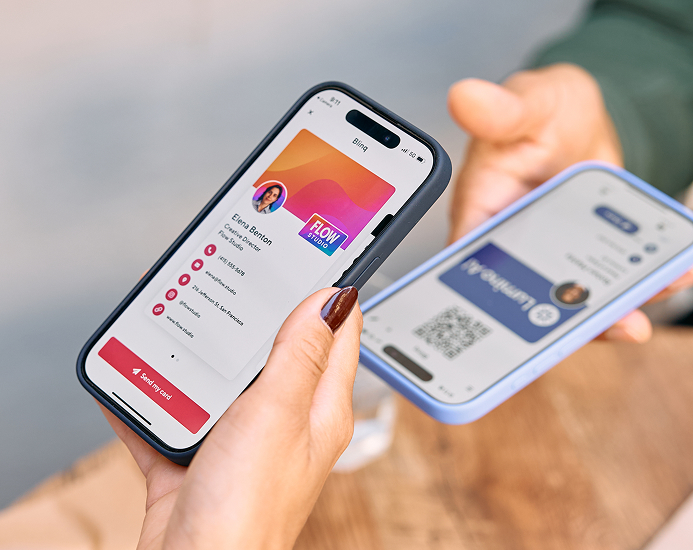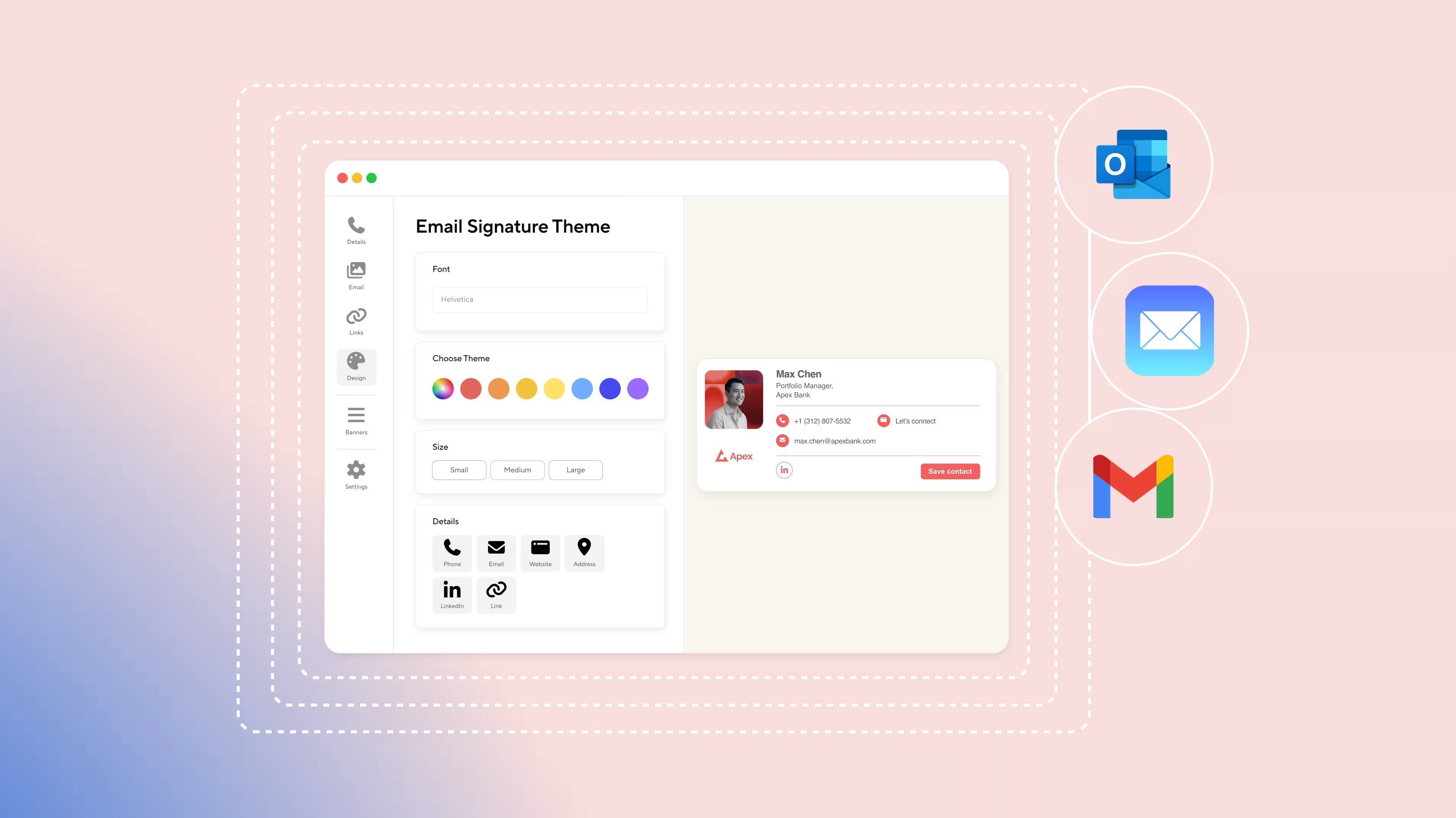Key Takeaways (TL;DR)

Real estate agents can embrace personal branding by leveraging technology, social media and blogs to win the attention and trust of prospective clients. Some of the most successful real estate agents I know realize that self-branding is a key ingredient of entrepreneurship and an incredibly powerful marketing tactic. Let’s discuss why and how to build your brand as a realtor.
Why create a personal brand as a real estate agent?
Before we dive into the how, most agents procrastinate on the why. Both beginner and veteran real estate agents know that being a part of a team, under the umbrella of a licensed brokerage, gives them an advantage.
Essentially, as a realtor, you’re a self-employed professional. An entrepreneur. A top player in the contact sport of selling homes. Working with a team increases your odds of winning. As the African proverb says: “if you want to go fast, go alone; if you want to go far, go together.”
That said, you must develop your personal brand regardless of the brand identity your brokerage (team) adopted for itself—because if you ever decided to go solo, build your own team, or jump ship to a different, stronger team—your brand will go with you and even help make those changes happen. And I think you’ll agree with me saying your prospects have developed a relationship with you, not with your brokerage. They trust you, not them.
How to brand yourself as a realtor?
The most prevalent advice online on the topic is to leverage new technology. You’ll read blog advice on how to streamline back-end clutter and automate administrative tasks. Heck, 80% of the early-stage PropTech startups I work with think their tech advantage is their branding. I’ll tell you what I told them: It’s not. Sure, technology is shifting the way real estate is built, marketed, and sold. But branding starts earlier, and to find out what it means for you, you’ll have to dig deeper.
Define who you are
Before knowing who you talk, help, and sell to — I recommend self-reflection. A person’s brand is a manifestation of their values, principles, likes, and dislikes. So, who are you, really?
You can start by asking yourself these questions:
- What are my values?
- What are my hobbies?
- Who am I as a person?
- Am I an introvert, ambivert, or extrovert?
- Do I have experience in the tech industry?
- How do I make the buying process easier for my clients?
- If the roles were reversed, why would I buy a home from me?
- Do I have specific experience that gives me an advantage over other realtors?
The more specific your answers, the higher the likelihood your content and external communication will align with your target audience. And you want that, because at the highest levels of real estate, buyers choose agents based on their personality, vision, and values.
Next, it's time for a mindset shift. The better you position yourself as the guide, helping the hero (your buyer/seller/tenant) reach their goal (sell/buy/lease/rent), the stronger your brand will be.
But who is your hero?
Define your target audience
If you don’t know what tone, style, principles, and values you stand for, that’s a branding obstacle; if your website's landing page, blog, and emails don't communicate it — that’s a messaging problem, and if they do but it doesn't resonate, that’s a targeting issue. And that’s why I insist you first do self-reflection, and only then set out to see who you target.
After that first step, audience elimination is simpler (“do I even want to work with this person?”).
But if it's your first plunge into this sort of thing — a good method will be finding patterns with those you helped most recently. For example:
- Where are they similar?
- Did all of them face the same problem?
- Are they all within a certain age/income group?
Maybe, coincidentally, your last 15 home sales involved helping tech employees to relocate. Maybe half of them work from home now. Or maybe you'll notice most of these tech workers are from the east coast — moving westward or leaving a specific state, which you can target. These things are worth noticing.
After starting to understand your ICP (ideal customer persona), find more patterns. That'll help you cater your content around their pains; adjust your outreach filter, and even your ads.
And of course, realtors who brand themselves like to share their Blinq digital business card on LinkedIn. These digital cards let your LinkedIn followers save your contact details with a click, so you’ll be on speed dial when they need to sell their home! Learn more about the digital business card realtors love.

Make Blinq digital business cards the new home for your personal brand. Get your free digital business card now.
In this blog, we covered why you should pursue building your own personal brand as a real estate agent and how to do it using self-reflection plus audience research. Now you’re ready to stand out!
Ready to take your new-found personal brand to LinkedIn? Check out our guide on LinkedIn for Realtors.





.avif)